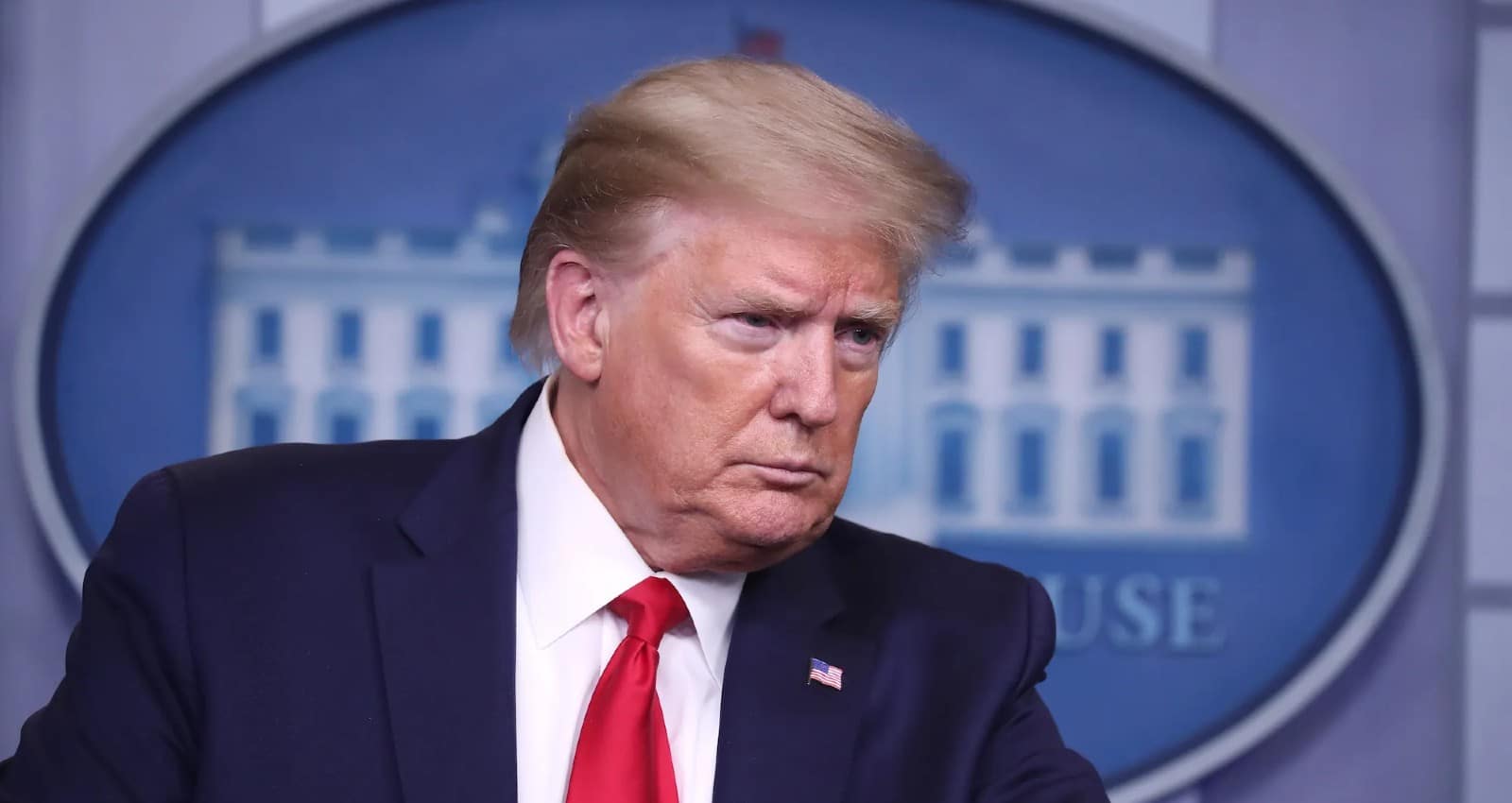OPINION: This article may contain commentary which reflects the author's opinion.
A federal judge last week refused to pause several civil lawsuits filed against former President Donald Trump related to the Jan. 6, 2021, riot at the U.S. Capitol Building while his criminal trial proceeds in Manhattan.
D.C. District Judge Amit Mehta, an Obama appointee, refused to stay the suits “brought by several members of Congress and police officers who protected the Capitol on Jan. 6 while his federal criminal case brought by Special Counsel Jack Smith was ongoing,” ABC News reported.
Trump’s lawyers argued that defending himself from the lawsuits could improperly impact his defense strategy in his criminal case. However, Mehta rejected this reasoning in his ruling on Thursday afternoon, the outlet reported.
In his ruling, Mehta wrote that while, “it is true in a sense—both cases center on the former President’s actions in the lead up to and on January 6, 2021… [Trump ] overstates the significance of that factual overlap in the present posture of these matters.”
Trump’s legal team also referenced the Supreme Court’s case regarding the former president’s claims of immunity from prosecution in his criminal case. They argue that the outcome of these arguments could influence Judge Mehta’s ruling on Trump’s immunity claims concerning what he perceives as “official acts” outlined in the civil lawsuits.
“…There is no reason to wait on the Supreme Court’s decision,” Mehta responded. “This court is unlikely to make an immunity determination before the end of the Supreme Court’s term. Thus, if the Court’s ruling on criminal immunity is relevant to the outcome here, it can easily be applied.”
According to the indictment Smith filed last year, Trump is facing four felony charges, including obstruction and conspiracy to defraud the United States. Prosecutors outlined what they characterized as a scheme to retain power following his electoral defeat to President Joe Biden. Trump has entered a plea of not guilty to the charges and vehemently denied any wrongdoing.
Regarding his immunity claim, the question before the justices revolves around whether Trump can face criminal charges for allegedly conspiring to overturn the 2020 election results. The court’s decision will not only impact Trump’s trial in Washington, D.C., presided over by U.S. District Judge Tanya Chutkan, which was initially set for March 4 but is currently on hold, but also the potential progress of his trials in Florida and Georgia, the SCOTUS blog noted.
Trump, the indictment claims, created “widespread mistrust … through pervasive and destabilizing lies about election fraud” and then was engaged in three criminal conspiracies to target “a bedrock function of the United States federal government: the nation’s process of collecting, counting, and certifying the results of the presidential election.”
Following Chutkan’s denial of Trump’s request to dismiss the charges against him in December, Smith took the matter to the Supreme Court, seeking their opinion on Trump’s claim to immunity without waiting for the U.S. Court of Appeals for the District of Columbia Circuit to rule on Trump’s appeal. However, the justices denied Smith’s request on December 22, SCOTUS Blog noted, adding a summary of Trump’s legal arguments:
In his brief at the Supreme Court on the merits, Trump tells the justices that allowing the charges against him to go forward would pose “a mortal threat to the Presidency’s independence.”
Trump maintains that a president can never be prosecuted for his official acts.
Trump contends that immunity from criminal prosecution stems from both the Constitution and the principle of separation of powers.
Trump also relies on another Constitutional provision, the impeachment judgment clause. This clause stipulates that someone who is impeached and convicted can still be indicted, tried, and punished “according to Law.”
“Finally, Trump urges the justices to reject another theory on which the court of appeals had relied – specifically, the idea that a president is not entitled to immunity from criminal prosecution if his conduct was purportedly motivated by a desire to stay in power illegally,” SCOTUS Blog noted.
